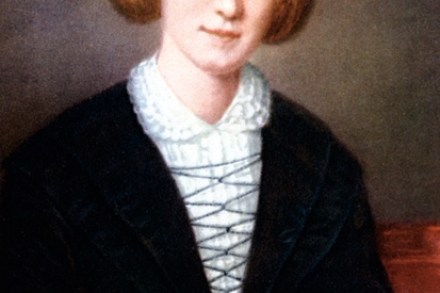Middlemarch: the novel that reads you
More from BooksThe genesis of The Road to Middlemarch was a fine article in the New Yorker about Rebecca Mead’s unsuccessful search for the origin of the remark, sometimes attributed to George Eliot, that ‘it’s never too late to become the person you might have been’. To Mead this seemed at variance with the concentration in Middlemarch






























